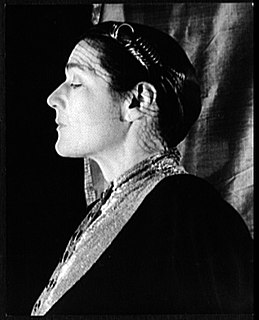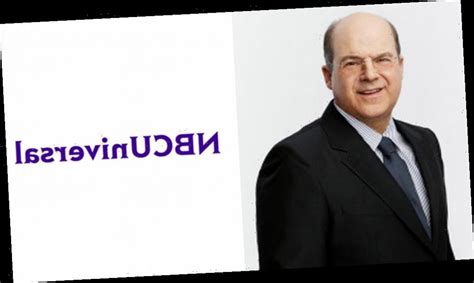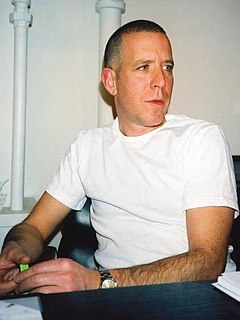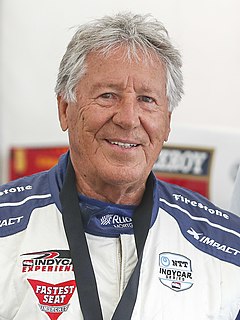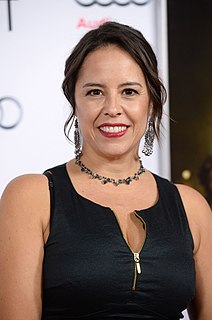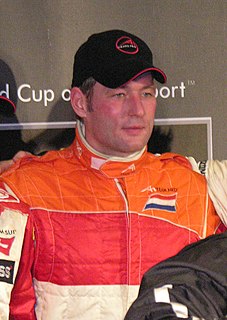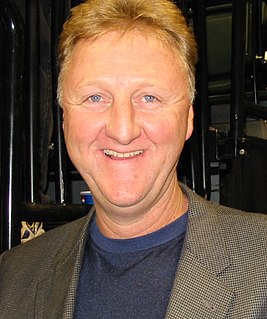A Quote by Fannie Hurst
But suppose, asks the student of the professor, we follow all your structural rules for writing, what about that something else that brings the book alive? What is the formula for that? The formula for that is not included in the curriculum.
Related Quotes
We love Formula One and think Formula One's great. But we think Formula E is different. We would be making a big mistake if we tried to compete with Formula One and be similar to Formula One, we have to be radically different to Formula One to have a chance of survival. I don't mean survival by beating Formula One but co-existing complimentary to Formula One.
No matter how many people try, no matter how many fancy songwriters in Los Angeles try to break it down to a formula... to an extent, there isn't a science to writing great songs, I suppose. For me, it's always about melody - it doesn't matter what genre of music you're writing, if there's a strong melodic thing somewhere, whether that's in a vocal or in a guitar part or a sample. Something that sticks in your brain, that seems to be something that works.
In psychology, there's something called the broken-leg problem. A statistical formula may be highly successful in predicting whether or not a person will go to a movie in the next week. But someone who knows that this person is laid up with a broken leg will beat the formula. No formula can take into account the infinite range of such exceptional events.
